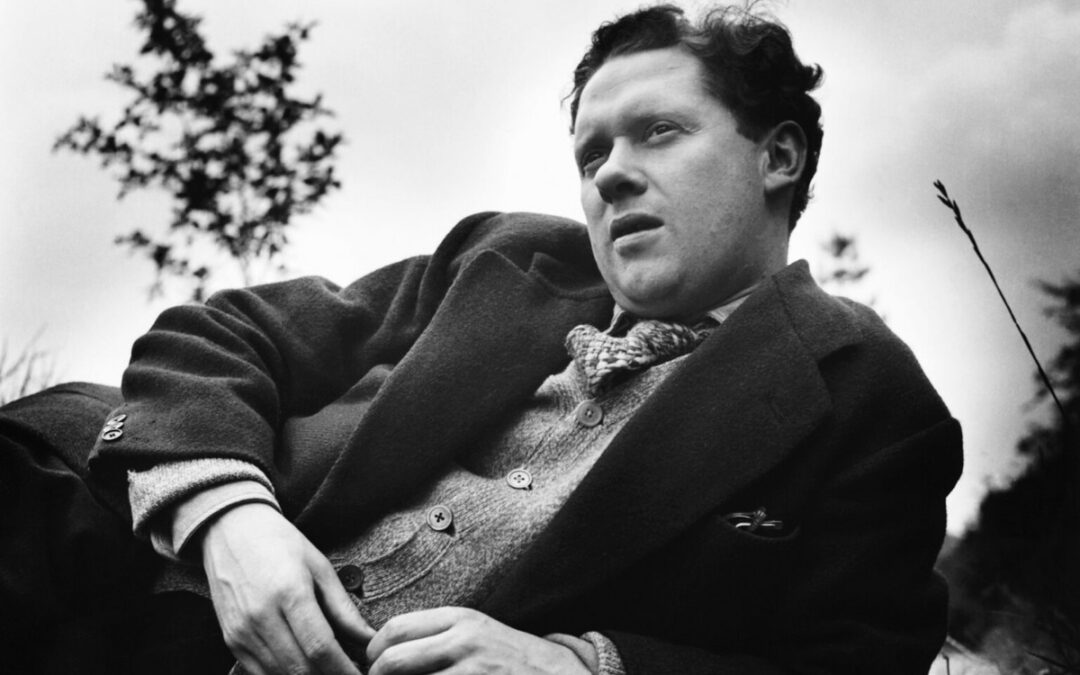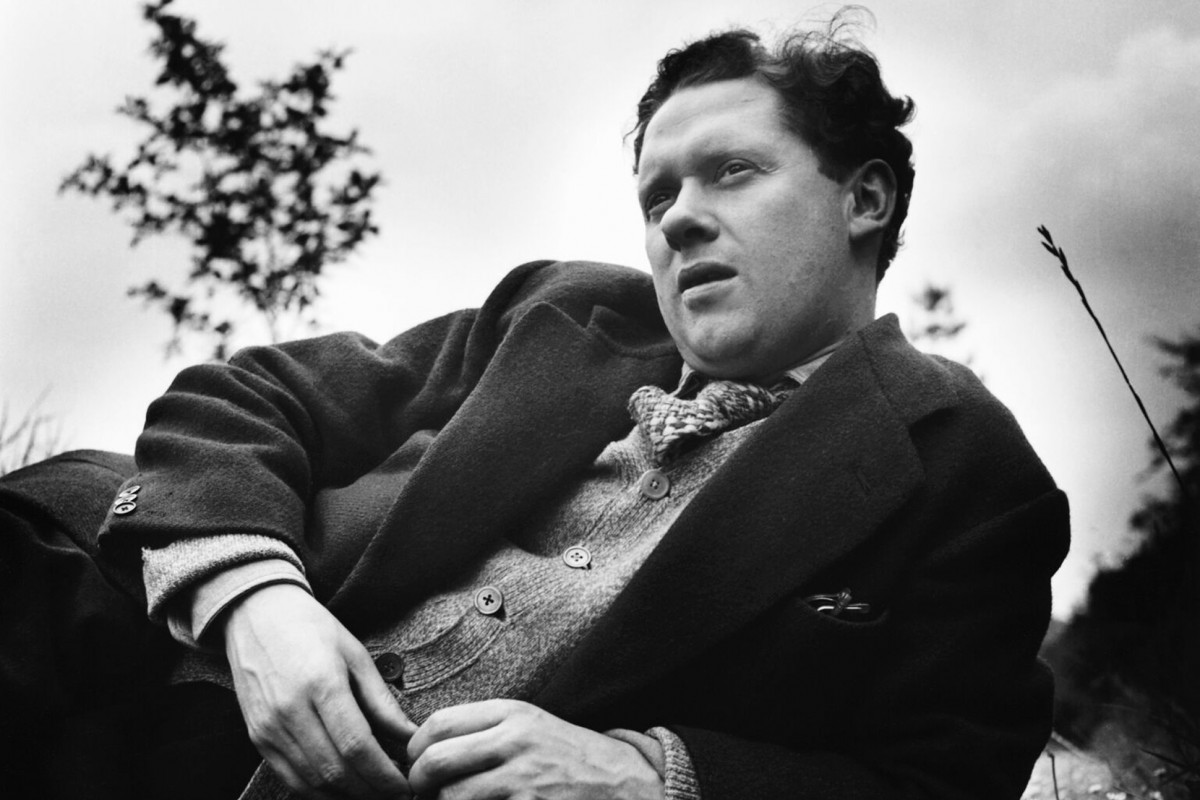“In my craft or sullen art” – Dylan Thomas
Thomas is one in a long line who self-reflexively meditates on his own work. Indeed, a writer’s craft has been the topic of much discussion both by critics and by authors themselves, considering the interplay between a writer’s natural ability and her tendency to consciously create, between the ingenuity of her ideas and the discipline of putting them into practice. In doing so, Thomas, along with others, bring to the forefront an epistemological question: Is ‘crafting’ in opposition to art? The term ‘craft’ also brings about various material and textual interpretations, from ’crafters’ and their products to the ‘crafty Odysseus’ outwitting his foes. Between capability, contrivance, and chicanery, craft covers all concepts of creation, in its various artistic forms and the authorial attempts to achieve greatness. After all, and in the words of the immortal Snoop Dogg, “If it’s flipping hamburgers at McDonald’s, be the best hamburger flipper in the world. Whatever it is you do you have to master your craft.”
This issue seeks to explore these different interpretations of craft, and welcomes papers investigating, but not limited to, any of the following topics:
• Writerly ability: can binaries of nature/nurture, inspiration/practice, art/craft be resolved or held in tension? What does it mean to ‘be’ a writer? (Does the reader ‘craft’ as well?)
• Style and authenticity: how do we define style? Does it represent a stable core of self? What about when it changes?
• Craft as deviation: cunning, wile, aberrations; trickster figures and hypocrites; witchcraft
• Cultural sensitivity: what are the boundaries of appropriation, appreciation, adaptation, assimilation?
• Craft as metaphor for writing: weaving, sculpture, embroidery, house-building, painting
• Representations of craft/crafters in media and literature: who are the makers and why do they make? What are the ethics and limits of crafting a work, a creature, an idea?
• Gender and craft: women’s work (vs) craftsmanship; associations of women and craft, both in the sense of artisanal work and of cunning and scheming
• Rhetorical exercises: ekphrasis as craft about craft; the interplay between spontaneity and craft
Oxford Research in English (ORE) is an online journal for postgraduate and early career scholars in English, Film Studies, Creative Writing, and related disciplines. All submissions are peer-reviewed by current graduate students at the University of Oxford. The journal is currently seeking papers of 5-8,000 words for its seventh issue, to be released in Autumn 2018. Please submit papers for consideration to ore@ell.ox.ac.uk by the deadline of 1st March 2018.
Papers should be formatted according to the journal’s house style, details of which can be found on our website: https://oxfordresearchenglish.wordpress.com/styleguide/.


